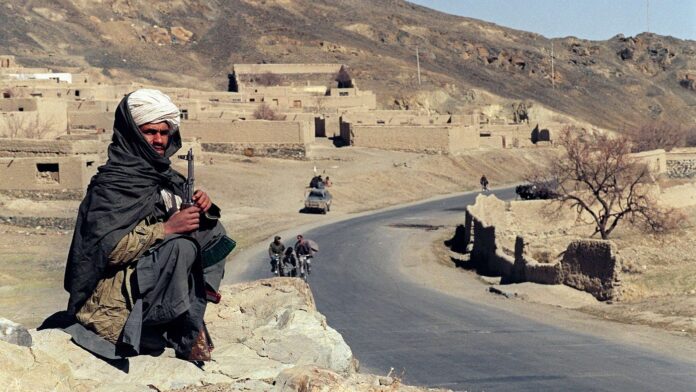Authors: Sobia Jamil, Dr. Abdullahi Ayoade Ahmad, Syed Zohaib Abbas Rizvi, Nasa’l Muhammad Gwadabe
Organization/Publisher: International Journal of Scientific and Technology Research
Affiliation: University of Sultan Zainal Abidin (Malaysia)
Date/Place: January 2020, U.K.
Type of Literature: Journal Article
Number of Pages: 7
Keywords: Afghanistan, Religious Extremism, Security Challenges, South Asia, Terrorism
Brief:
Barry Buzan and Ole Weaver proposed a theory of regional security complexes in 1991, where they distinguished the inter-state relations into different security complexes. The security interdependence among different States plays a definite role on internal dynamics of a specific regional complex. This study analyzes the dynamics of South Asian regional security complex (RSC) by applying the framework proposed by Buzan and Weaver. India with all its conventional military might and economic superiority over Pakistan failed to maintain a unipolar status-quo in South Asia. As a nuclear weapon state, Pakistan challenged the hegemony of India in South Asia during the late 20th century. India is influencing the other members of South Asian regional complex like Nepal, Bhutan, Sri Lanka and Maldives, to expand its regional influence. In 2016, the 19th Summit of South Asian Association for Regional Cooperation (SAARC) in Pakistan was cancelled because six out of eight member states pulled out due to deteriorated relations between India and Pakistan. Internal conflicts of South Asian RSC are restricting it to connect economically and politically with Western and North Western RSCs. Territorial issues between India and Pakistan, including an arms race and economic hostility, brought the situation to a stalemate. The article concludes that existing issues between all stakeholders must be resolved to establish economic linkages across South Asian RSC.
By: Muhammad Taimoor Bin Tanveer, CIGA Research Associate




